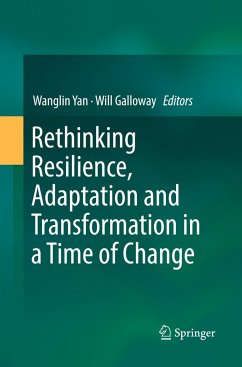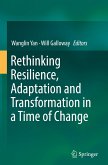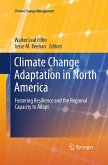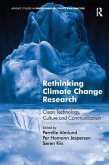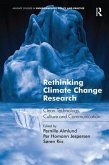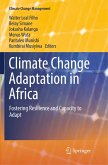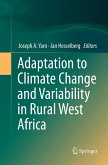This book contributes to the literature on resilience, hazard planning, risk management, environmental policy and design, presenting articles that focus on building resilience through social and technical means. Bringing together contributions from Japanese authors, the book also offers a rare English-language glimpse into current policy and practice in Japan since the 2011 Tohoku disaster. The growth of resilience as a common point of contact for fields as disparate as economics, architecture and population politics reflects a shared concern about our capacity to cope with and adapt to change.
The ability to bounce back from hardship and disaster is essential to all of our futures. Yet, if such ability is to be sustainable, and not rely on a "brute force" response, innovation will need to become a core practice for policymakers and on-the-ground responders alike.
The book offers a valuable reference guide for graduate students, researchers and policy analysts who are looking for a holistic but practical approach to resilience planning.
The ability to bounce back from hardship and disaster is essential to all of our futures. Yet, if such ability is to be sustainable, and not rely on a "brute force" response, innovation will need to become a core practice for policymakers and on-the-ground responders alike.
The book offers a valuable reference guide for graduate students, researchers and policy analysts who are looking for a holistic but practical approach to resilience planning.

